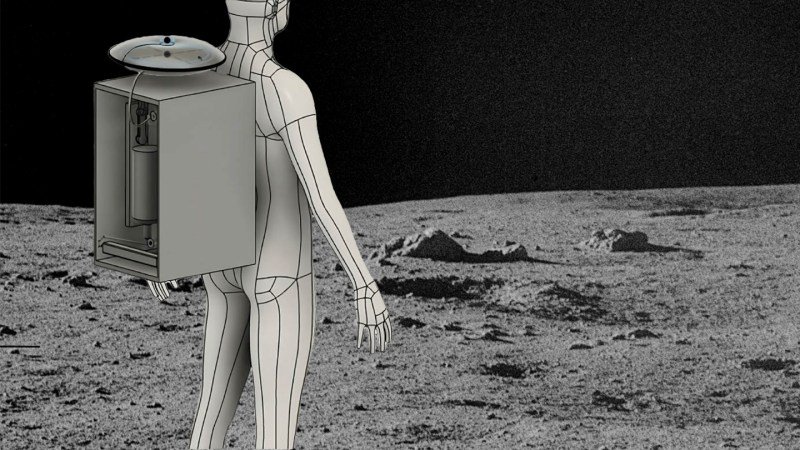
In the science-fiction series Dune, the desert-dwelling Fremen of the arid planet Arrakis recycle their bodys moisture using specially designed outfits called stillsuits. Inspired by such imaginings, a new prototype spacesuit converts astronauts urine into drinkable water, researchers report July 12 in Frontiers in Space Technology.
Ive been a fan of the Dune series for as long as I can remember, says Sofia Etlin, a space medicine and policy researcher at Cornell University. Building a real life stillsuit was always a bit of a dream.
While suited up in space, astronauts currently relieve themselves into whats known as a maximum absorbency garment, which is essentially a multilayered diaper containing a super-absorbent polymer (SN: 3/11/11). The garment is known to be uncomfortable, leak and cause urinary tract infections.
Current spacesuit designs also incorporate an in-suit drinking bag, or IDB, that carries less than a liter of water. Astronauts can sometimes go for eight- to 12-hour spacewalks, which often includes enormous amounts of physical exertion, Etlin says. NASAs future Artemis missions on the moon will probably see explorers spending at least as much time or longer on the lunar surface, though current plans have them carrying IDBs of the same size, she says (SN: 12/1/22).
Etlin and her colleagues designed and built a new type of undergarment with a collection cup that goes over an astronauts private parts. Urine is routed into a filtration system that first removes salty water from the urine and then uses a pump to take the salt out from that water. The filtered water is enriched with electrolytes and then sent into the IDB.
A fictional Fremens stillsuit is powered by body movement, but astronauts will have to carry a 20.5-volt battery as part of this new design. The total system, including pumps, sensors and display screen, weighs around 8 kilograms and can purify half a liter of water in five minutes.
Sweat which fictional stillsuits also collect would be easier to filter than urine, Etlin says. But she and her colleagues decided to focus on a single waste product for their first prototype. One step at a time, she says.
The team hopes to further test its system during simulated moon and Mars missions here on Earth and eventually during real spacewalks.
It would be amazing for us, says Julio Rezende of the Federal University of Rio Grande do Norte in Natal, Brazil, who leads Habitat Marte, a Mars analog mission in Brazil. I believe this technology would bring a lot of benefits.
Rezende sees potential terrestrial spin-offs, too, such as a similar system that could be used for firefighters combating forest fires or hikers on long trails.
#Duneinspired #spacesuit #turns #astronaut #pee #drinking #water
Image Source : www.sciencenews.org
